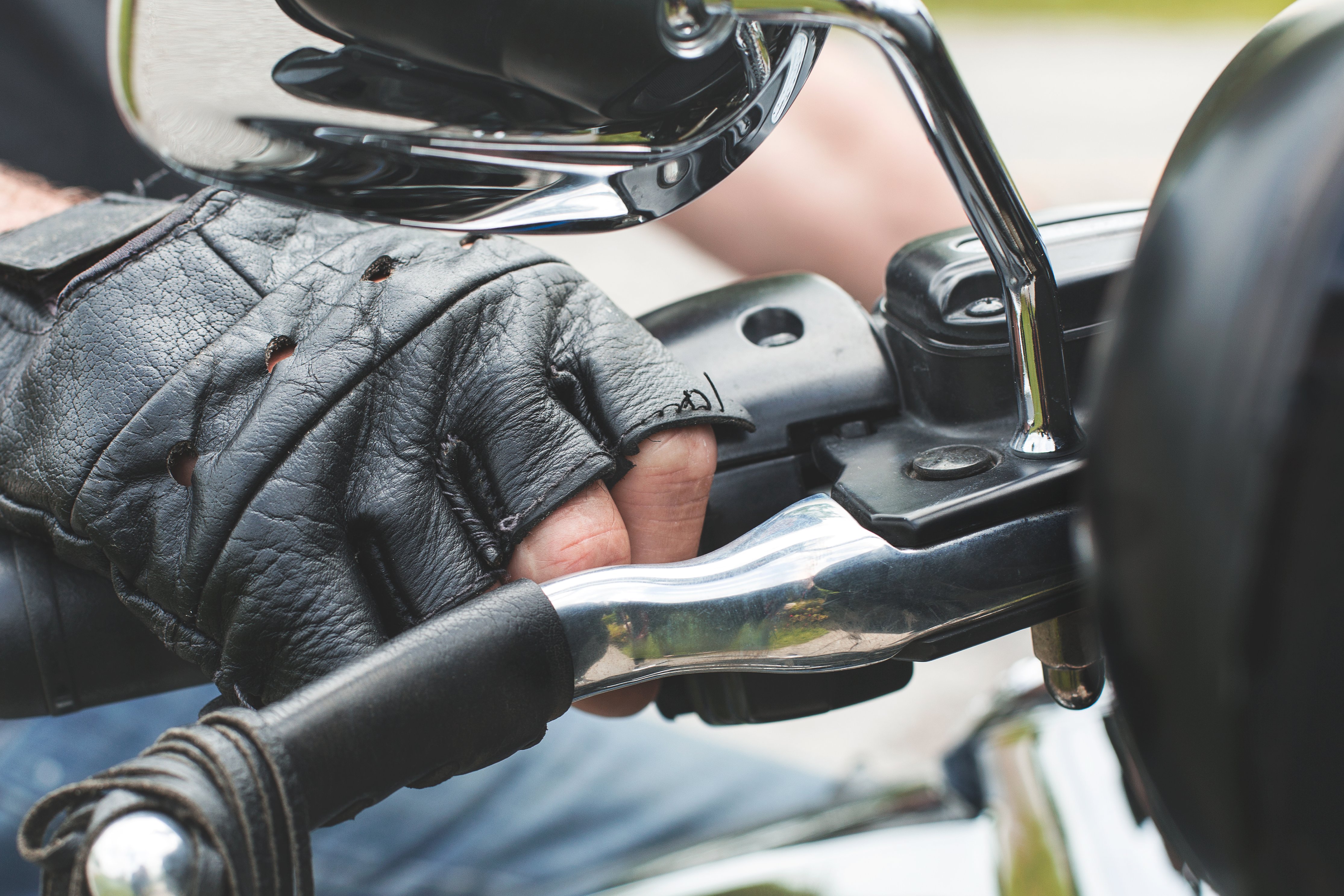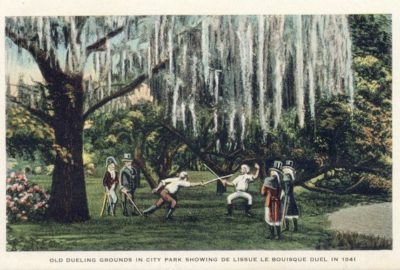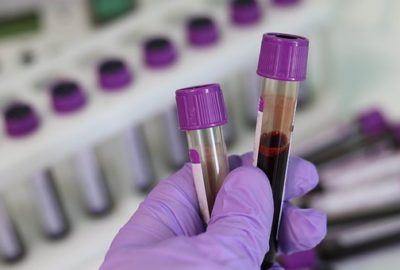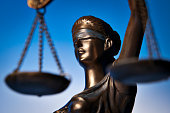Car Accidents, How to Be a Good Plaintiff, Truck Accidents, Uncategorized
Your Car’s Black Box is Monitoring You
NEW ORLEANS, LA — Chances are, the car you drive has a black box, also known as an Event Data Recorder, and it’s there to monitor almost all you do behind the wheel. If you’re in a crash, that EDR is able to supply such information as your speed, break use, engine throttle at the time of impact, and data from a dozen other mechanical categories, including whether or not you were wearing your seatbelt at the time of a collision. When a motorist is driving, the EDR continuously records data, but only in the event of a collision is that data stored, so that it can be retrieved by accident reconstruction experts, insurance companies, and even courts.
An Event Data Recorder has many useful functions. In some car accidents, it can be difficult to determine fault. When the EDRs of vehicles involved in a collision are analyzed, accident investigators or reconstruction experts can often determine which party was at fault, helping the victims of careless drivers find justice and compensation for their injuries. Event data recorders also help fight insurance fraud, which helps insurance companies save money and charge lower rates to customers. An EDR can help an insurance company determine the severity of a crash, so that it can analyze a claimant’s injuries and better ensure that the injuries make sense in the context of the crash. Some EDRs also record whether or not a seat was occupied at the time of collision. And finally, an EDR helps fight back against staged accidents.
The EDR can even help save lives. When accident investigators explore the data saved in the EDR of a vehicle involved in a catastrophic collision, they aren’t just able to analyze dangerous driving practices, they can determine if the vehicle encountered any mechanical failure, such as a failed airbag deployment or a faulty breaking system, which led to injury or loss of life. If the failure is the result of some deficiency in manufacturing, an automaker can enact a recall to solve the problem, perhaps saving many lives.
However, in spite of all of the benefits of the EDR, some believe that Event Data Recorders invade our privacy. In today’s world, it’s concerning that a computerized device in our vehicles might be used to determine where we go and when, potentially revealing other personal details about our lives. Americans are concerned over who can have access to the data stored in their EDR. Might an employer, or some other third party, be able to access that information? The Driver Privacy Act of 2015 aims to address these concerns. Unless authorized by a court, necessary to provide post accident medical treatment, used to carry out investigations that are authorized by Federal Law, or anonymously used for purposes of traffic safety research, the owner of a vehicle owns his EDR data, and a third party must obtain his consent before accessing his driving data.
Technology such as the Event Data Recorder will continue to evolve and enhance, as will questions and concerns about the potential uses of such data. It’s important for motorists today to realize that their vehicle is most likely equipped with an EDR, and that the EDR will help them understand just how a crash happened, should they be involved in a motor vehicle collision. If you’re involved in any motor vehicle accident, it’s important to consult an experienced attorney like the attorneys at the de Boisblanc Law Firm, who can help you protect your rights, and seek compensation if another party’s negligence has injured you.
About Author
Comments are closed









